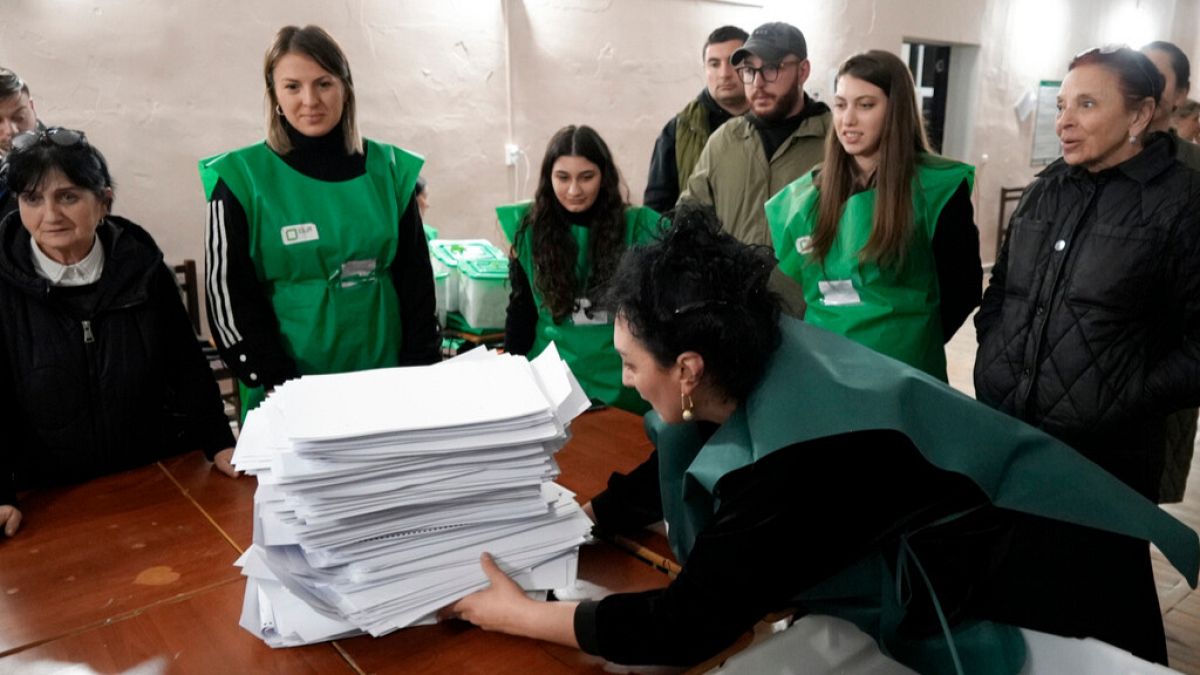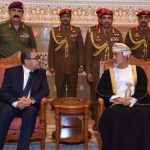International observers raised concerns about the electoral process in Georgia, citing issues both before and during the elections. The observers noted instances of vote-buying, double-voting, and intimidation in rural areas. They also highlighted the compromised voter secrecy in 24% of cases analyzed. Antonio Lopez-Isturiz White from the European Parliament pointed out the tense and polarized environment for voters and the unequal playing field, with the ruling Georgian Dream party having more financial resources and media coverage. Pressure on civil servants and misuse of public resources were also reported.
A delegation of 529 observers from the OSCE and the European Parliament monitored the electoral process in Georgia. They found a tense and highly polarized environment for voters, with instances of vote-buying and double-voting. They also noted compromised voter secrecy and an uneven playing field favoring the ruling party. The observers declined to comment on how their findings would impact the formation of a new government but confirmed they would prepare separate reports. The opposition parties in Georgia have contested the results, accusing the ruling party of rigging the election, a claim denied by Prime Minister Irakli Kobakhidze.
The observers expressed concerns about the electoral process in Georgia, highlighting issues such as vote-buying, double-voting, and intimidation. They also noted compromised voter secrecy and an unequal playing field with the ruling party having more financial resources and media coverage. Pressure on civil servants and political bias in media coverage were also reported. The delegation of observers from the OSCE and the European Parliament declined to comment on the impact of their findings on the formation of a new government but confirmed they would prepare separate reports.
The international observers found various issues with the electoral process in Georgia, including instances of vote-buying, double-voting, intimidation, compromised voter secrecy, and an unequal playing field favoring the ruling party. They also pointed out political bias in media coverage and pressure on civil servants. The delegation of observers from the OSCE and the European Parliament monitored the electoral process in Georgia and confirmed they would prepare separate reports on their findings. The opposition parties in Georgia have contested the election results, accusing the ruling party of rigging the election, a claim denied by Prime Minister Irakli Kobakhidze.
Despite concerns raised by international observers about the electoral process in Georgia, the ruling Georgian Dream party claimed a majority in the elections. The observers noted issues such as vote-buying, double-voting, intimidation, compromised voter secrecy, and an uneven playing field. The delegation of observers from the OSCE and the European Parliament monitored the electoral process in Georgia and will prepare separate reports on their findings. The opposition parties have contested the results, accusing the ruling party of rigging the election, a claim denied by Prime Minister Irakli Kobakhidze.
International observers have expressed concerns about the electoral process in Georgia, citing issues such as intimidation, double-voting, compromised voter secrecy, and political bias in media coverage. The ruling Georgian Dream party claimed a majority in the elections, but the opposition parties have contested the results, alleging rigging. Despite these claims, Prime Minister Irakli Kobakhidze maintained that the Georgian people chose peace and the country’s development. The observers from the OSCE and the European Parliament have confirmed they will prepare separate reports on their findings.










